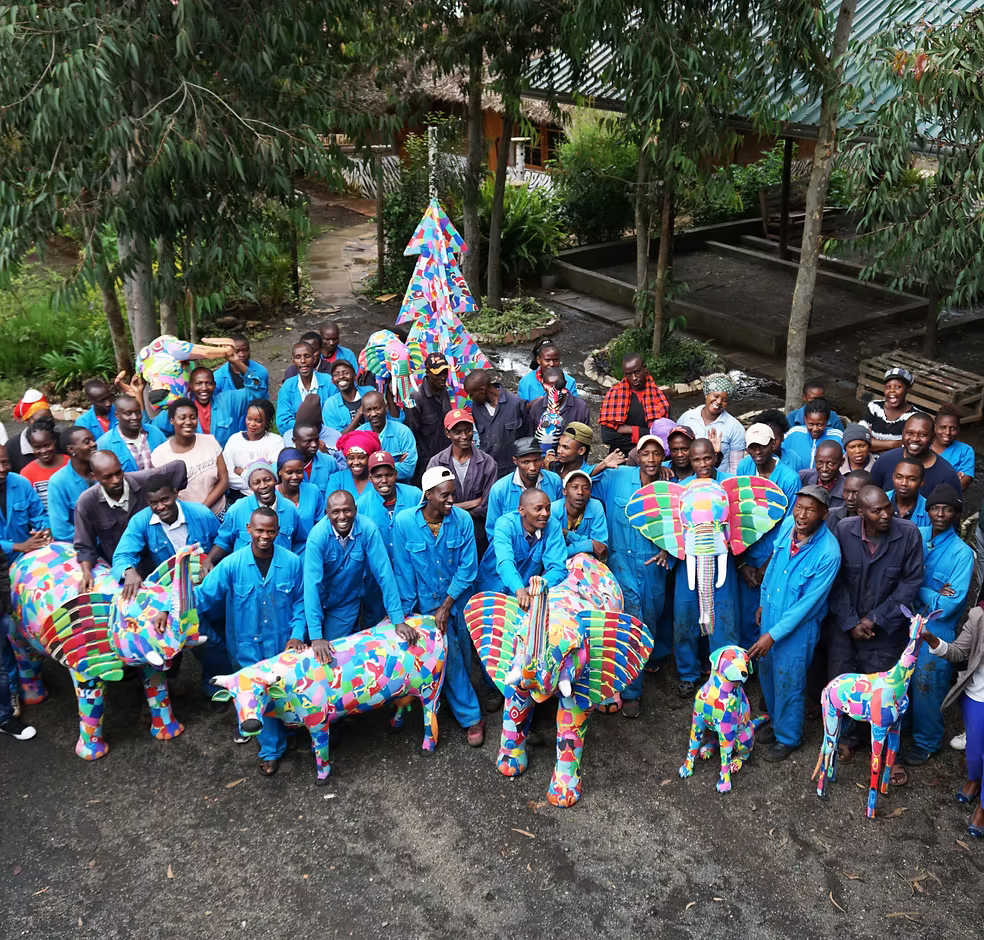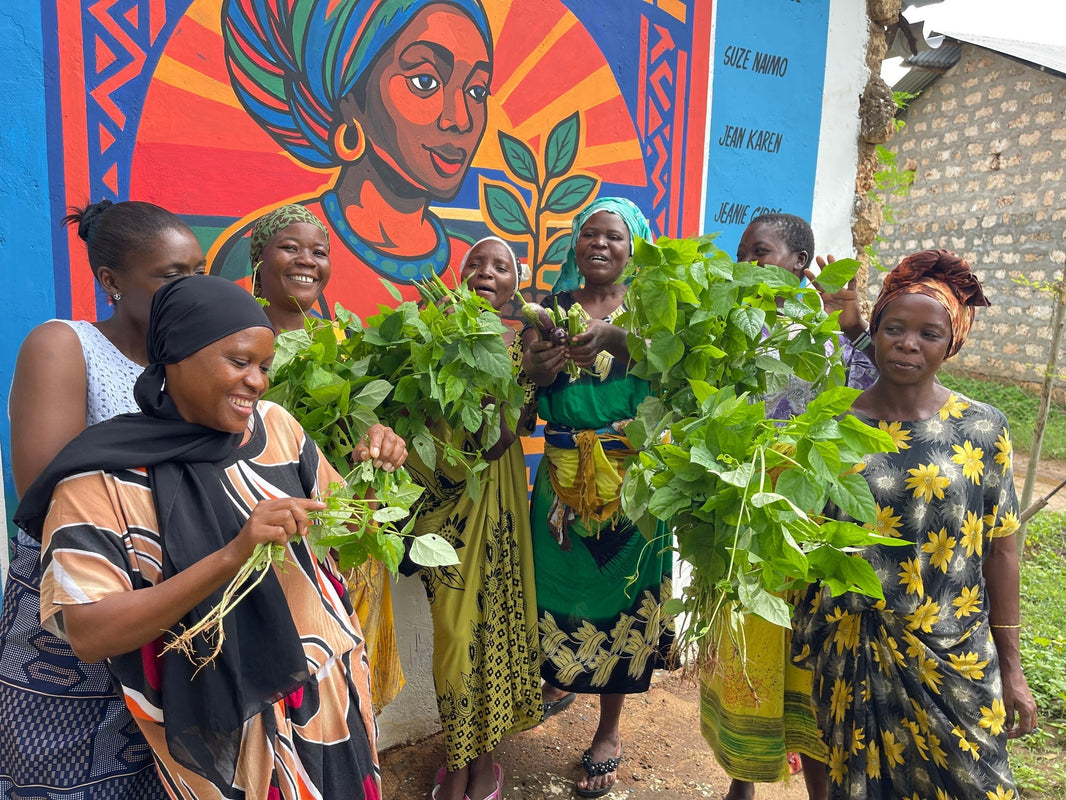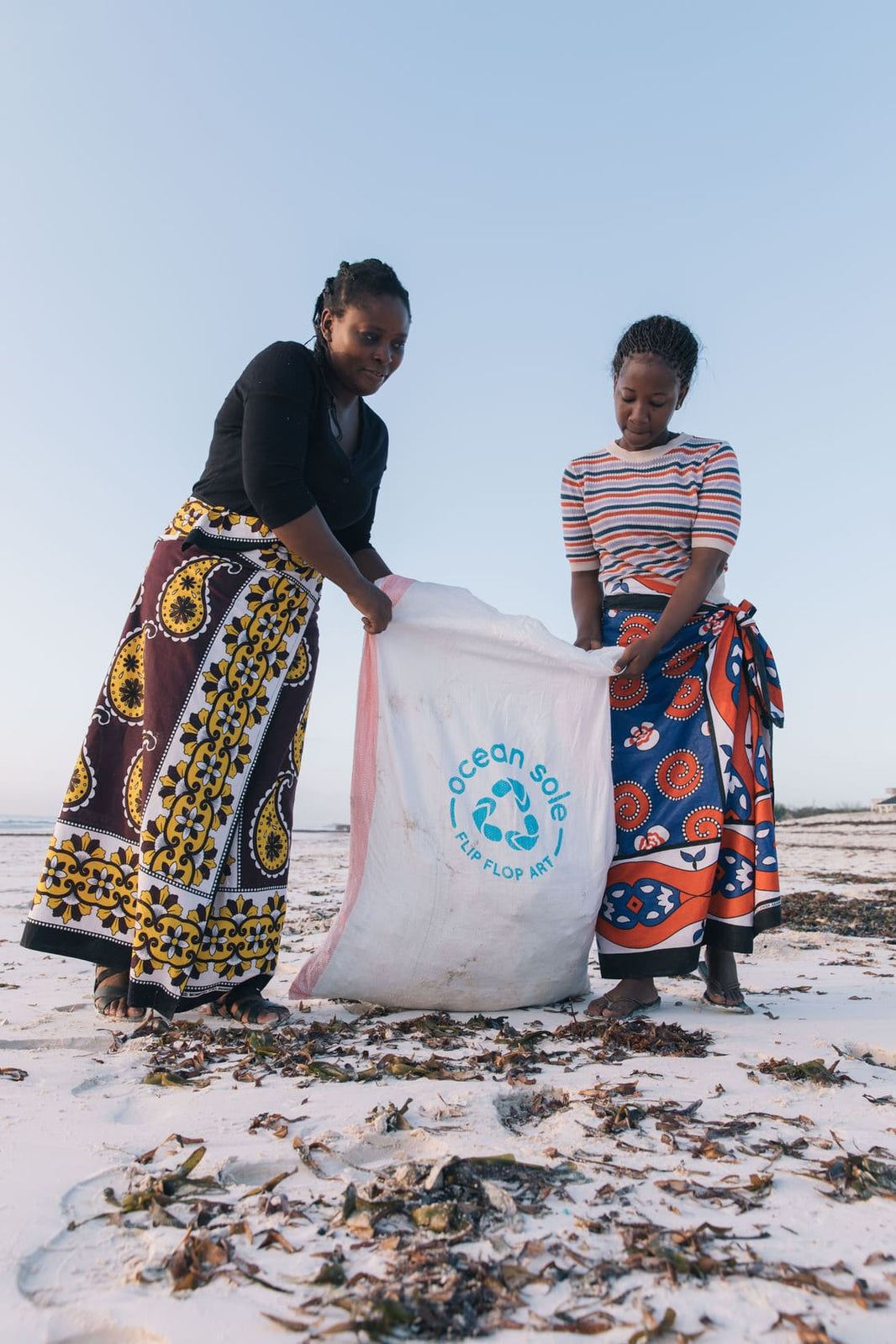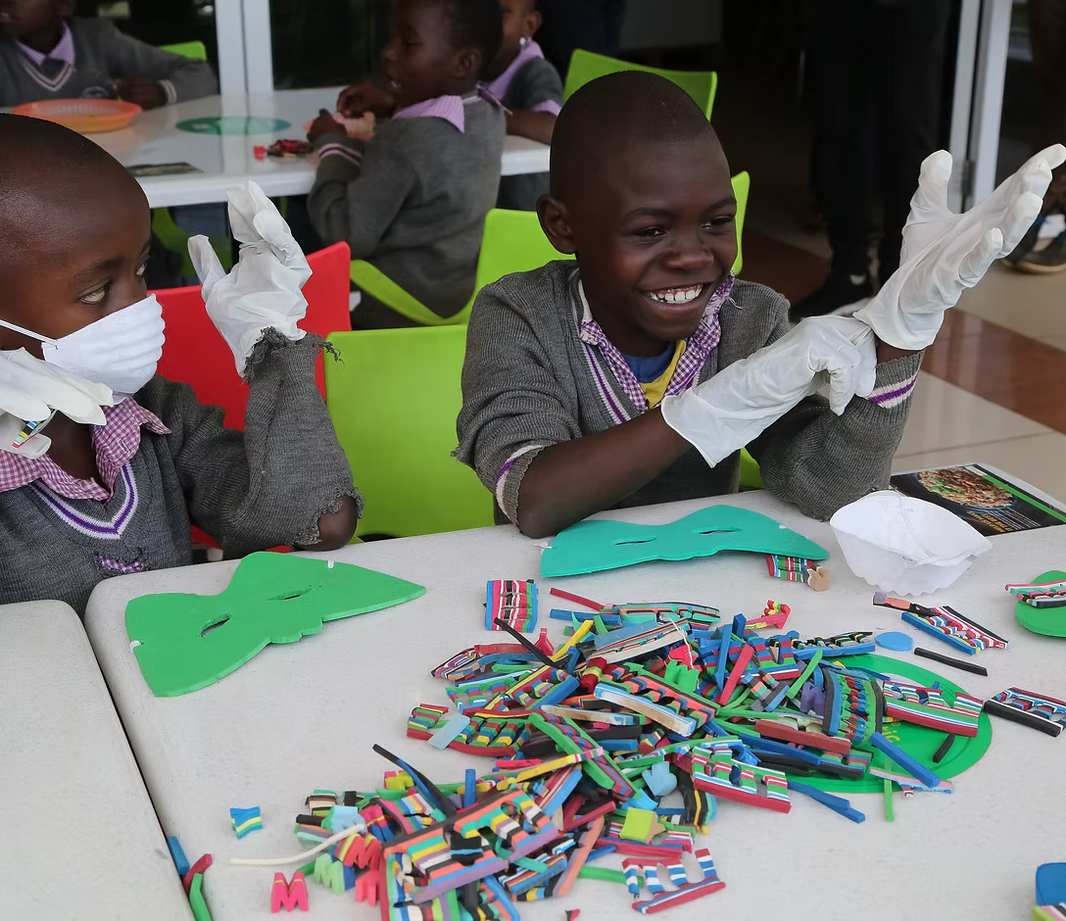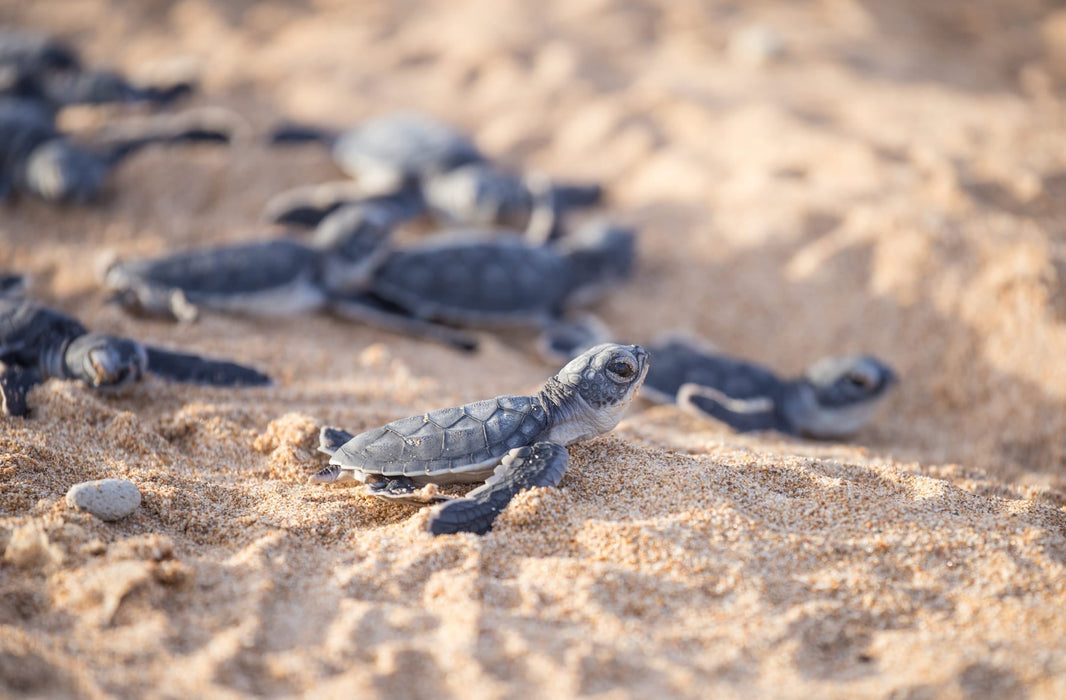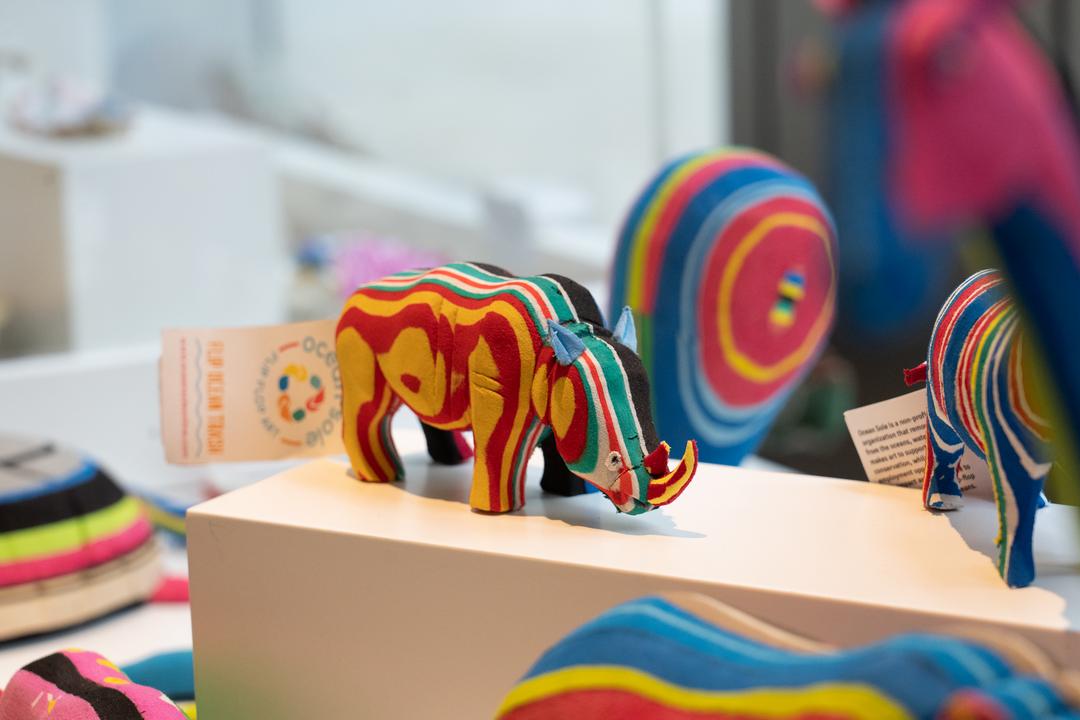The theme for this year's World Wildlife Day is possibly one of the most vital and topical themes to date - “Recovering key species for ecosystem restoration”
When you take a step back and actually realize how distressing the number of animals that are on the IUCN Red List is, it will stop you in your tracks.
Here is a quick breakdown of the numbers:
- Over 8,400 species of wild fauna and flora are critically endangered
- Close to 30,000 more are understood to be endangered or vulnerable
So there you have it, according to the IUCN site, more than 40,000 species are threatened with extinction. More worryingly these numbers are still only 28% of all assessed species.
But this day reminds us not only of how threatened so many of our wonderful world's creatures are but how interlinked we are with one another and more importantly, our ecosystems.
As it is so appropriately put on the World Wildlife Day website;
“People everywhere rely on wildlife and biodiversity-based resources to meet all our needs, from food to fuel, medicines, housing, and clothing. Millions of people also rely on nature as the source of their livelihoods and economic opportunities.”
Quite simply, if we don't restore the livelihoods of endangered and vulnerable species our ecosystems and life will collapse with it too!

This year we wanted to highlight the area that we at Ocean Sole do our best to support and protect. The ocean!
While over 3 billion people rely on our oceans for livelihood, there is a scary amount of deterioration happening behind the scenes.
The key issue is marine and plastic pollution of course, which many of us are very aware of already. Microplastics, in particular, have been the newest discovery to the damage of our oceans. There are roughly 578,000 tons of microplastic in our oceans at this given time.
The beaches along the East African coast face the wrath of the North Equatorial Current and the Equatorial Countercurrent which brings and dumps tonnes of trash over a 4,600km stretch of coastline.
The Indian Ocean is the world’s BIGGEST dumping ground for trash and with the added disaster of poor waste management in Kenya, our beaches and seas are choked with plastic waste.

One of the saddest sights we see while cleaning beaches is the effects that trash has on turtle nests which stretch across the whole of Kenya’s coastline. Baby turtles struggle to make their way down to the ocean due to the levels of trash in their way to the sea.
While we clean beaches once a week, we are always looking for more support. Here is an easy way to help - Host A Beach Clean and help us restore our ecosystems this World Wildlife Day!
A donation as small as 20$ removes 146lbs of trash off our beach and a day’s wage for a beach cleaner.
A donation of $50 today will help us clean 356lbs of trash or the whole team’s wage for the day
A donation of $100 will cover all our costs for a beach clean-up and clean a total of 1 tonne of trash off our beaches!
Happy World Wildlife Day!



